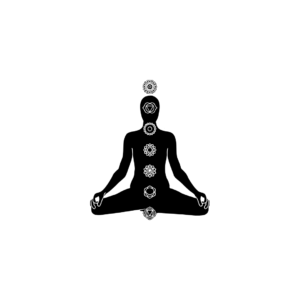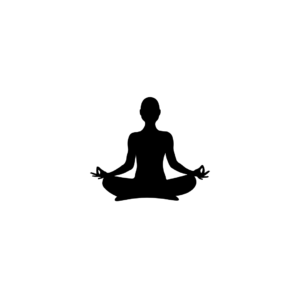Description
A Master of Arts (MA) or Master of Science (M.Sc) in Yoga is an advanced postgraduate degree designed for individuals who want to deepen their understanding of yoga, its philosophies, and its practical applications. These programs typically focus on both theoretical knowledge and empirical research related to yoga and its health benefits, preparing graduates for various professional opportunities in health, wellness, education, and research.
Curriculum Overview
The curriculum for an MA or M.Sc in Yoga generally includes a blend of theoretical coursework, practical training, and research components. Here are some common subjects and areas of study included in these programs:
Core Subjects
Advanced Yoga Philosophy:
In-depth study of classical texts, such as the Yoga Sutras, Bhagavad Gita, and Hatha Yoga Pradipika, along with their interpretations and applications.
Research Methodology:
Training in qualitative and quantitative research methods, including how to design and conduct research studies in the field of yoga and wellness.
Psychology of Yoga and Meditation:
Exploring the psychological effects of yoga practices and meditation, including mental health benefits and cognitive functions.
Yoga Anatomy and Physiology:
Advanced study of human anatomy and physiology in relation to yoga practices, focusing on biomechanics, movement science, and health outcomes.
Pranayama and Meditation Techniques:
Comprehensive training in advanced breathing techniques and meditation practices, including their physiological and psychological impacts.
Therapeutic Applications of Yoga:
Examination of how yoga can be employed as a therapeutic tool for various health conditions and populations, integrating case studies and practical applications.
Ayurveda and Nutrition:
Study of Ayurvedic principles, including nutrition, lifestyle, and preventive health concepts and their integration with yoga practices.
Teaching Methodology and Curriculum Development:
Developing skills in effectively teaching yoga, including class planning, communication strategies, and creating inclusive environments.
Holistic Health and Wellness:
Understanding the role of holistic health practices and lifestyle changes in promoting overall wellness and managing stress.
Special Topics in Yoga:
Exploration of contemporary issues and trends in yoga, including yoga in different cultures and its adaptations in modern contexts.
Career Opportunities
Graduates of an MA or M.Sc in Yoga have diverse career options across multiple domains. Some potential job roles include:
Yoga Instructor/Educator: Teaching yoga classes or leading workshops in studios, wellness centers, or educational institutions.
Yoga Therapist: Providing specialized therapeutic yoga sessions for individuals with specific health concerns or conditions.
Health and Wellness Coach: Guiding clients towards holistic health using yoga, nutrition, and lifestyle interventions.
Researcher/Academic: Conducting research related to yoga practices, teaching in higher education institutions, or publishing studies in related fields.
Corporate Wellness Consultant: Designing and implementing wellness programs in corporate environments that emphasize yoga and stress management.
Yoga Program Coordinator: Developing yoga programs for schools, wellness centers, or community health organizations.
Public Speaker/Workshop Leader: Offering seminars and workshops on yoga, health, and wellness topics.
Holistic Health Practitioner: Integrating yoga and wellness practices in personal health coaching or consulting roles.
Further Education
After completing a Master’s degree in Yoga, graduates may opt for further studies such as a Doctorate (Ph.D.) in Yoga, Health Sciences, or related fields. Pursuing advanced research can lead to specialized career pathways in academia, independent research, or advanced clinical practice.
If you have any questions about the Master of Arts/Master of Science in Yoga program, potential career paths, or any related topics, feel free to ask!








